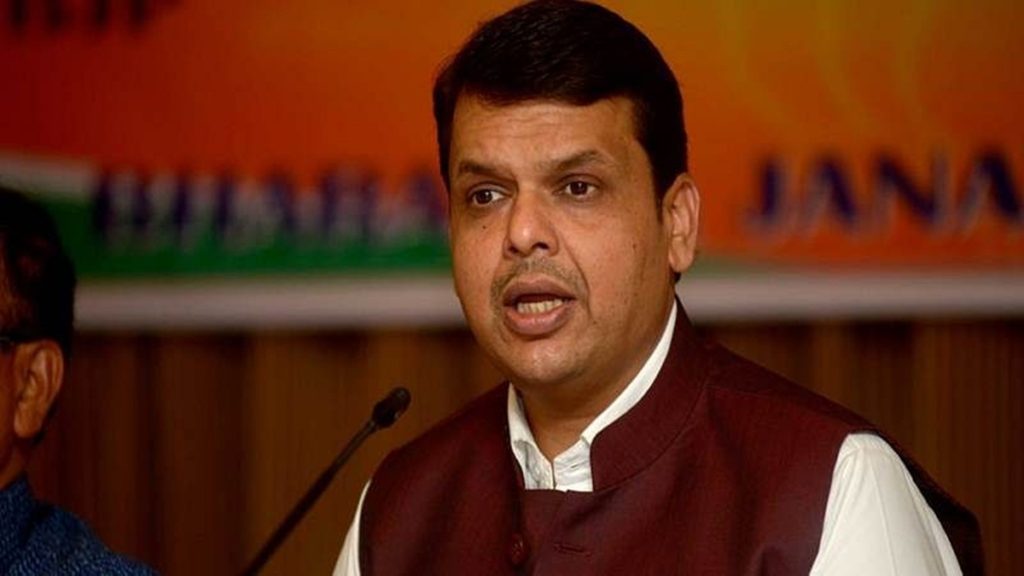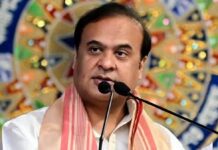Politics Over Nutrition? The Controversy Behind Maharashtra’s Midday Meal Restrictions
X: @vivekbhavsar
The Maharashtra government’s decision to restrict the inclusion of egg pulao, sweet khichdi, and ragi-based foods from the midday meal program has sparked outrage. Critics, including Shiv Sena leader Akhil Chitre, accuse the ruling BJP-led alliance of prioritising ideology and political favouritism over children’s nutrition. The move has drawn sharp comparisons to similar bans in other BJP-ruled states, such as Madhya Pradesh and Goa, while non-BJP states like Karnataka and Kerala continue to provide eggs and milk to combat malnutrition.
This decision raises serious questions: Is the ban part of a broader push for vegetarianism under the guise of policy? Are school meal contracts being handed to organisations aligned with the BJP’s ideological leanings? Is Maharashtra’s government prioritising politics over the health and welfare of underprivileged children?
भाजपाशासित राज्यांमध्ये मांसाहाराबद्दल तिरस्कार वाढवला जात आहे आणि शाकाहाराचा पुरस्कार केला जातोय आणि त्याचं पहिलं पाऊल म्हणजे शालेय मध्यान्न भोजनातून अंडी बंद करणे. राज्य सरकारच्या शालेय विभागाने शालेय मध्यान्न भोजनातून अंडा पुलाव व गोड खिचडी, नाचणी सत्व देण्याबाबत निर्बंध आणले… pic.twitter.com/XgM96yq8nR
— Akhil Chitre अखिल चित्रे (@akhil1485) February 3, 2025
Meanwhile, opposition leaders, including Chitre, allege that the government is deliberately favouring organisations aligned with BJP’s ideological stance—many of which promote strict vegetarianism. The exclusion of eggs raises concerns that policy decisions are being influenced more by political and religious considerations than by scientific nutritional guidelines.
The opposition has also pointed out the stark contrast between the government’s reluctance to allocate ₹50 crore for nutritious meals while allegedly having enough funds to “buy” MLAs for ₹50 crore each. The argument that there’s no budget for eggs in school meals, while money flows freely for political manoeuvring, has fueled public anger.
Maharashtra’s move follows a pattern observed in other BJP-ruled states like Madhya Pradesh and Goa, where eggs were removed from midday meals. Meanwhile, states such as Karnataka and Kerala continue to provide eggs once a week and milk twice a week. This raises an important question: Is Maharashtra’s decision driven by health concerns or by a broader ideological push for vegetarianism?

At a time when child malnutrition remains a significant issue in Maharashtra, the removal of protein-rich foods such as eggs, ragi, and fortified sweet khichdi appears counterproductive. Nutritionists argue that instead of restricting protein sources, the state should be expanding them. The move contradicts global best practices, which emphasize increasing protein intake in school meals to address undernutrition.
Reports suggest that government officials have advised communities to raise funds if they wish to provide eggs or additional nutritious food in schools. This has led critics to question whether the Maharashtra government is financially incapable of fulfilling its basic duty toward children’s nutrition. Is the state so cash-strapped that it cannot ensure nutritious meals for schoolchildren?
The opposition has slammed the government for boasting about multi-crore infrastructure projects while failing to provide proper nutrition for schoolchildren. If Maharashtra can invest in highways, smart cities, and bullet trains, why is there a struggle to allocate funds for midday meals? The contradiction raises doubts about the government’s priorities.
Chitre and other opposition leaders argue that the government is intentionally turning food choices into a political and cultural battleground. By restricting eggs and promoting vegetarian meals, the administration is accused of fueling a divisive narrative instead of focusing on governance and public welfare. Critics argue that this move is yet another example of the ruling party using cultural identity politics to polarise society.
While the state government has not issued a detailed clarification, sources suggest that officials are justifying the move based on logistical challenges and budget constraints. However, nutritionists and child welfare experts maintain that eggs remain one of the most affordable and effective sources of protein, especially for children from economically weaker backgrounds. The government’s silence on these critical concerns has only intensified the controversy.
As the debate rages on, one thing is clear: Maharashtra’s schoolchildren should not become collateral damage in an ideological battle over dietary preferences. The government must ensure that its policies are based on scientific research and public welfare rather than religious or political considerations.
The central question remains—will the Maharashtra government reconsider its decision, or will children’s nutrition continue to be sacrificed for political calculations? The answer will determine whether Maharashtra prioritises governance or ideology in shaping its public health policies.






